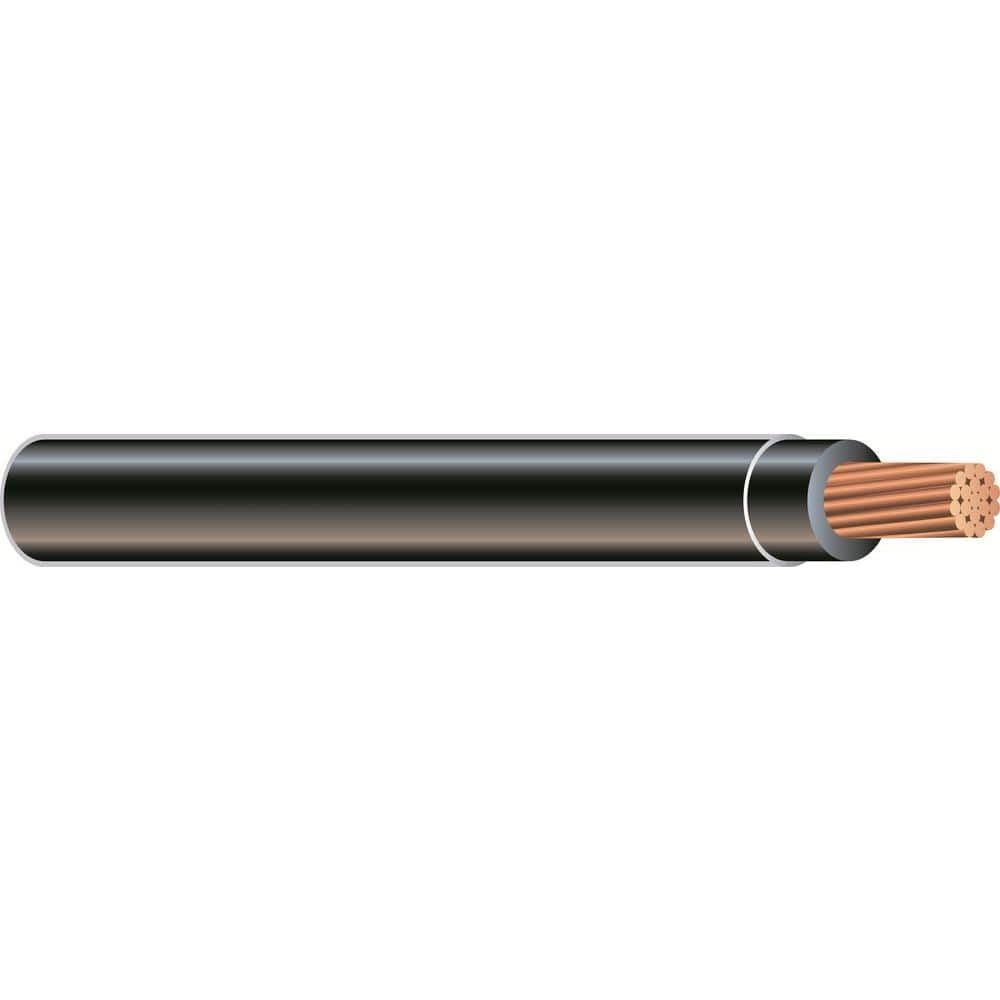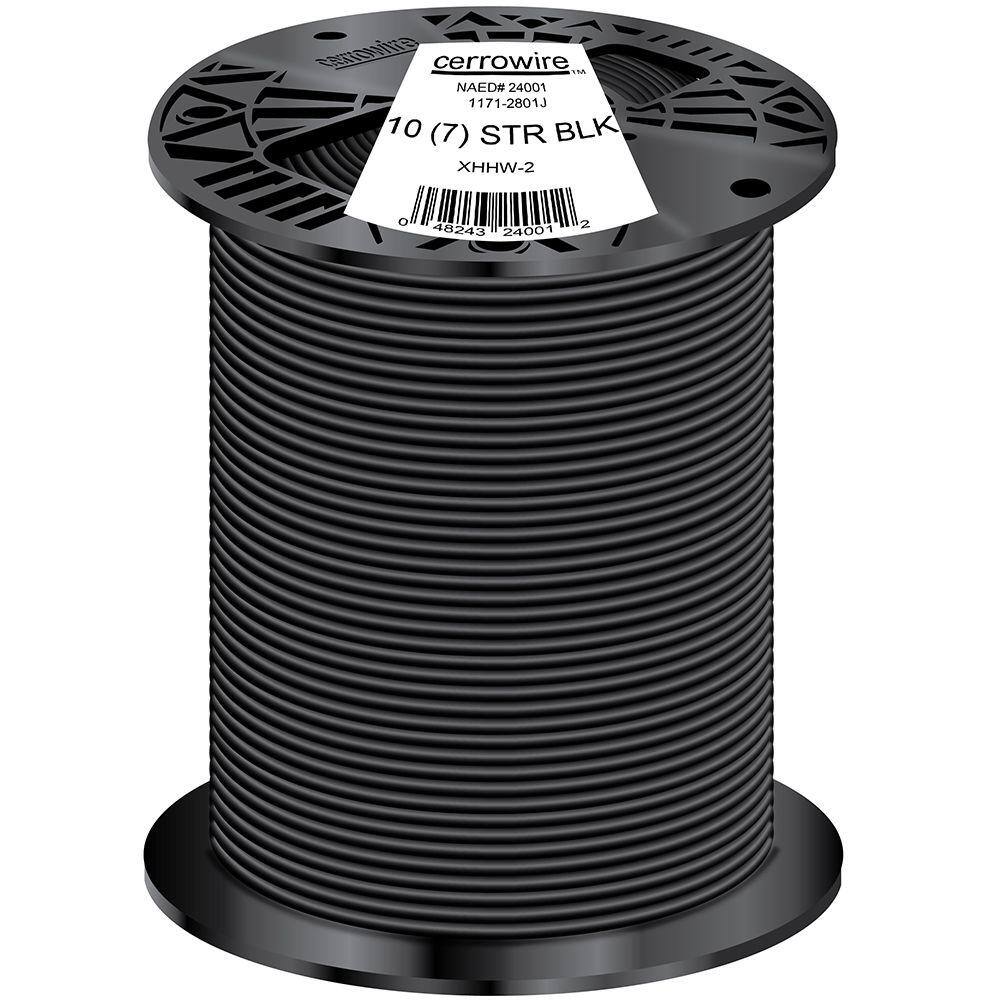- May 16, 2020
- 18
- Pool Size
- 17000
- Surface
- Fiberglass
- Chlorine
- Salt Water Generator
- SWG Type
- Hayward Aqua Rite (T-15)
Hi everyone,
I have a Hayward Heatpro HP21104T heater that recently stopped heating. The fan turns on but the compressor doesn't kick in. I removed the panel to test the usual components (contactor, capacitor, low voltage signal) and noticed that the wiring from the contactor to the capacitor and the wiring from the capacitor to the compressor are both fried (see red stranded wiring in the photo). My plan is to replace the capacitor and the wiring. Does anyone know what gauge the wiring is that is used in this application? I can't make out the text on the insulation of the wire from the photo and have since closed the heater back up. Thanks for any help!
I have a Hayward Heatpro HP21104T heater that recently stopped heating. The fan turns on but the compressor doesn't kick in. I removed the panel to test the usual components (contactor, capacitor, low voltage signal) and noticed that the wiring from the contactor to the capacitor and the wiring from the capacitor to the compressor are both fried (see red stranded wiring in the photo). My plan is to replace the capacitor and the wiring. Does anyone know what gauge the wiring is that is used in this application? I can't make out the text on the insulation of the wire from the photo and have since closed the heater back up. Thanks for any help!











